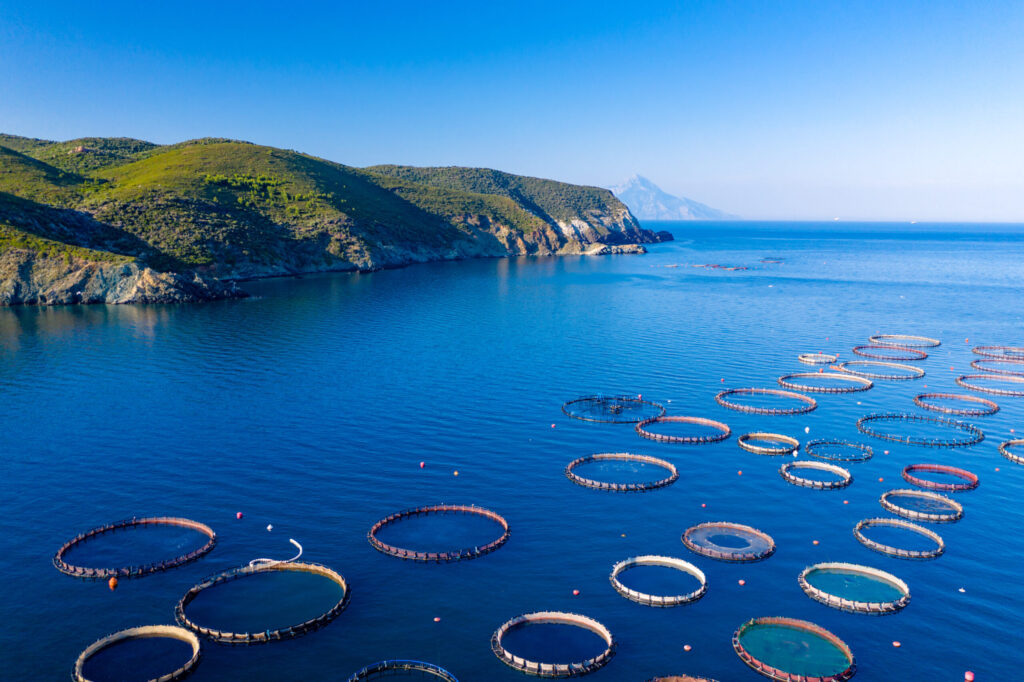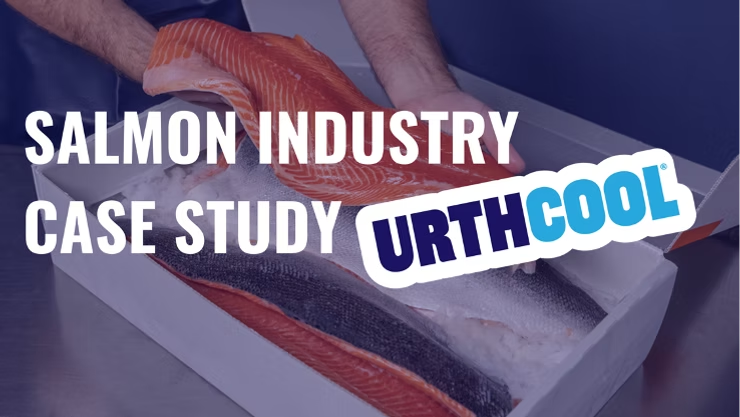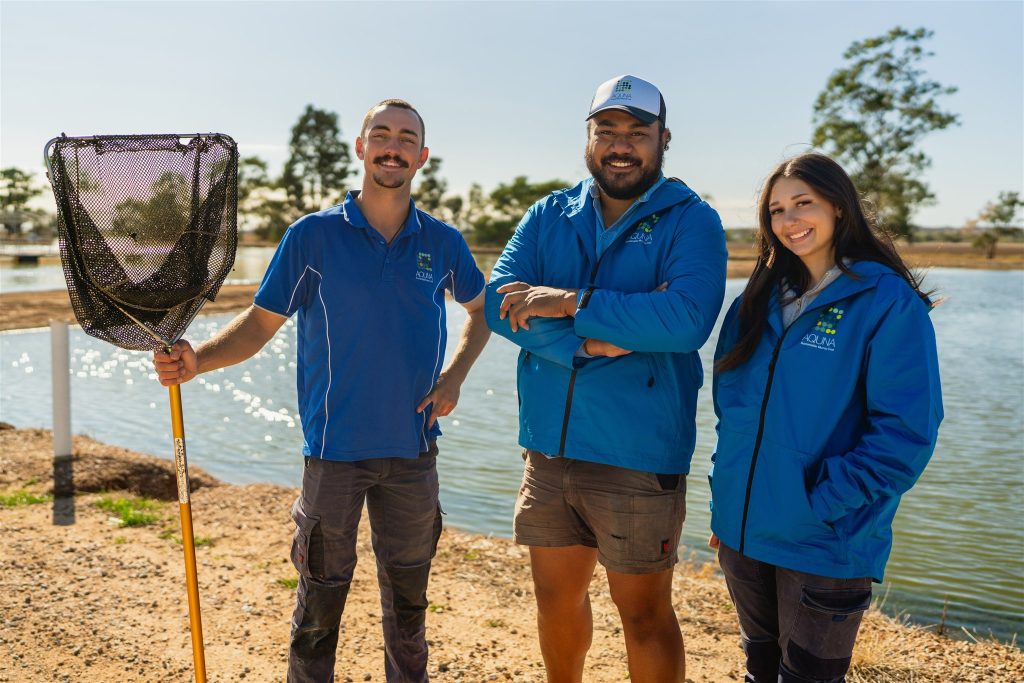Celebrate World Oceans Month 2022 with GSA
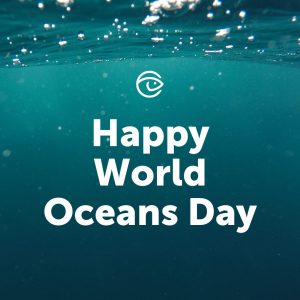 Global Seafood Alliance (GSA) is celebrating United Nations World Oceans Month 2022, a reminder that the ocean connects us all and plays an essential role in our everyday lives. Our oceans feed billions of people and over 3 billion people depend on marine and coastal biodiversity for their livelihood.
Global Seafood Alliance (GSA) is celebrating United Nations World Oceans Month 2022, a reminder that the ocean connects us all and plays an essential role in our everyday lives. Our oceans feed billions of people and over 3 billion people depend on marine and coastal biodiversity for their livelihood.
By 2050, the demand for animal protein will increase by 52%. When produced responsibly, seafood offers food security – and it’s the most resource-efficient animal protein. For over 25 years, GSA has worked to advance responsible seafood practices worldwide through education, advocacy and demonstration. GSA supports our oceans and the United Nation’s sustainable development goals for people and for our planet.
Working Above & Below the Water
GSA’s Best Aquaculture Practices (BAP) certification is verification that producers are following best practices to deliver farmed seafood safely and responsibly. BAP is a seafood specific certification program that addresses the four key areas of sustainability—environmental, social, food safety, and animal health & welfare—at each step of the aquaculture production chain:
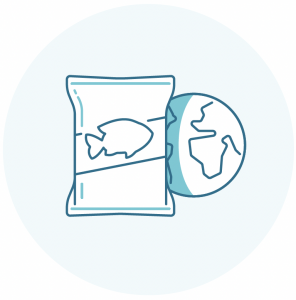 |
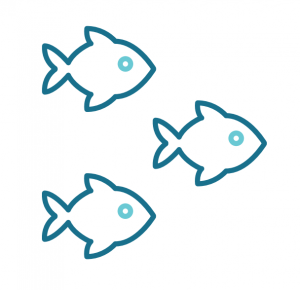 |
||
|---|---|---|---|
Feed Mills |
Hatcheries |
Farms |
Plants |
| Feed mills are responsible for manufacturing feeds that provide animals with optimal nutrition. | Hatcheries are where fish and shellfish are spawned, then hatched and cared for. | Aquaculture farms cultivate and harvest aquatic organisms, especially for human consumption. | Seafood processing plants prepare seafood for eventual retail and consumption. |
| One example of the many requirements to be BAP certified to the Feed Mill Standard is not sourcing raw material from illegal, unreported, or unregulated (IUU) fisheries. | One example of the many requirements to be BAP certified to the Hatcheries Standard is ensuring sites are not located where they displace important habitats like wetlands. | One example of the many requirements to be BAP certified to the Farm Standard is monitoring animal welfare indicators such as behavior, health and water quality. | One example of the many requirements to be BAP certified to the Plant Standard is implementing a Food Safety Management System. |
150+ feed millsare certified to BAP’s standard. |
324+ hatcheriesare certified to BAP’s standard. |
2,211+ farmsare certified to BAP’s standard. |
484+ plantsare certified to BAP’s standard. |
| Learn more about feed mills | Learn more in the next #SwS! | Learn more about seafood farms | Learn more about processing plants |
What About On the Ocean?
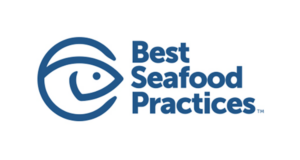 The Global Seafood Alliance is also the standards holder for Best Seafood Practices (BSP) and in 2021, GSA rebranded with the transition into the wild-caught fisheries space. The Responsible Fishing Vessel Standard (RFVS) and the Seafood Processing Standard (SPS) are part of the wild-caught program under BSP. These standards exist to provide assurances in the wild seafood supply chain beyond the environmental responsibility pillar, which other certification schemes address.
The Global Seafood Alliance is also the standards holder for Best Seafood Practices (BSP) and in 2021, GSA rebranded with the transition into the wild-caught fisheries space. The Responsible Fishing Vessel Standard (RFVS) and the Seafood Processing Standard (SPS) are part of the wild-caught program under BSP. These standards exist to provide assurances in the wild seafood supply chain beyond the environmental responsibility pillar, which other certification schemes address.
Learn more about fisheriesLearn more about vessels & RFVS
GSA’s Global Impact
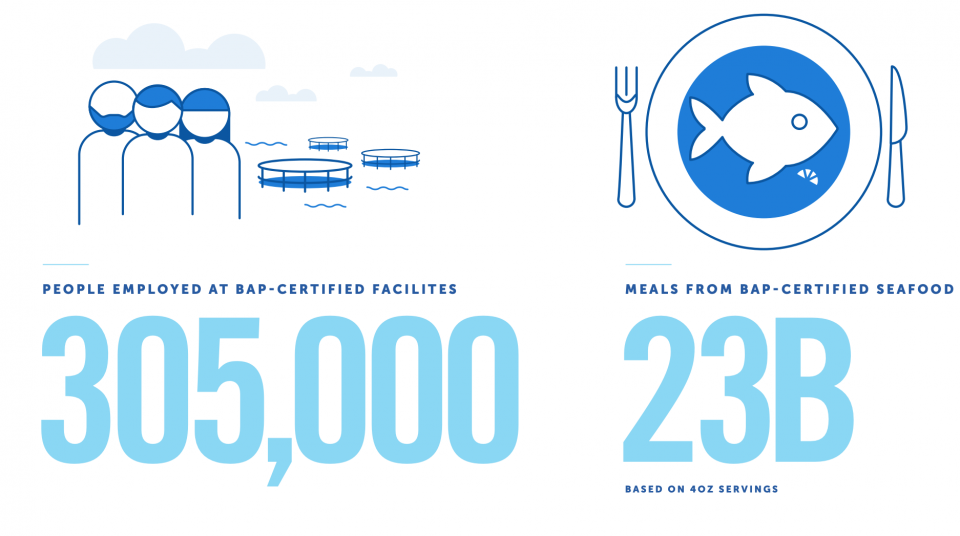
Become an Advocate for Responsible Seafood
World Oceans Day 2022 is the perfect time to sign up for GSA’s email list to receive the latest updates on our education and advocacy content. Stay in touch with news and innovations in the seafood industry!


